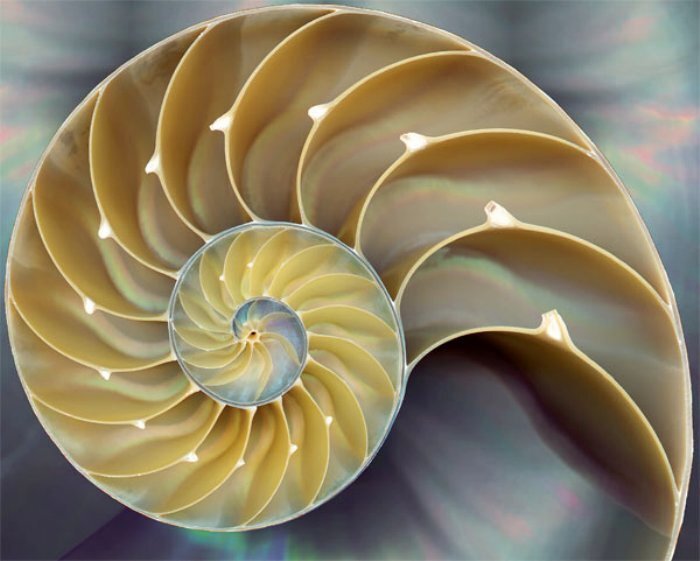Observation Skills
Why Observation is Important?
Homeopathy is based on careful observation. With the exception of standard school education all the way to a Ph.D., my education that focuses on health care emphasizes observational skills.
Values Regarding Education
Learning is the flip side of teaching. Because they are so related, I also teach. Prior to learning homeopathy, I received a PhD in Education writing about apprenticeship. Cultural Anthropological methods and philosophy support the way I practice and think about homeopathy in the clinic. From the beginning, I learned Homeopathy from observation. My prior training in other alternative health methods also are based on the ability to observe.
Background before Homeopathy
Learning at home
My first introduction to homeopathy happened when I was raising my three children in Pittsburgh. They were in their teens, so although my worries had increased, time consuming care for them had decreased. I had just finished the 10 years of study for the Ph.D., and one year teaching Japanese Language in an inner-city school.
The draw of Eastern approaches
Free for the first time in so many years, I practiced Zen shiatsu and held Kundalini yoga classes at my home. I was yearning for Asian spiritual education (Zen Buddhism and Kundalini Yoga, Zen Shiatsu), at the same time, my formal education was grounded in rationalism. My experience with both school education and typical medicine caused me to feel that Western practices were too mechanical. So I was drawn to practices that emphasized observation and practice. Information processing were not good enough. I had practiced Kundalini meditative healing and knew it worked. I also had experience "miraculous cures" with homeopathy. But those experiences did not draw me to homeopathy. I was looking for something with a more obvious theoretical basis, at the same time, I have never quit practicing Asian spiritual learning either.
Managing a Homeopathy Study Clinic
Starting from the result of all these thoughts and experiences, the homeopath who had first taught the four major homeopaths in Pittsburgh from 1980-2005, Tom Heard, came to hold a clinic in my living room. Tom came every month from 9 am to 4 pm to interview patients and then to explain his case analysis to four beginning students.
Eating and learning together
During the lunch break, as I cooked, I taught everyone how to cook a healthy Asian lunch. These Sunday clinics were like a daylong party. Patients, teacher, and students all ate lunch together. By hearing Tom's explanation of how he interviewed and his analysis of the patient's issues, we all took the first step to understanding the theory and clinical experience of homeopathy. At first, I thought the healing results were "unbelievable". As I observed that the experiences of returning patients confirmed Tom's predictions and theory, the number of my questions increased. Eventually, while managing this clinic, with Tom's help, I began using homeopathy with my friends and family. Being a rather impatient person, I learned homeopathy first by using homeopathic software and reading books. This all led to enrolling in a series of Internet course which gave me a more profession foundation.
Learning on the Internet
Learning homeopathy on the Internet is much more active than attending classes for my Ph.D. course. At first, I wrote dozens of short essays. I was still caring for patients; so even essay writing was very lively. As I wrote, I always thought about the problems of specific patients. Even reading theory, I referred back to the cases that I had observed at Tom's monthly Sunday clinic. This kind of experience-based studying was motivating.
Observation and then Doing
According to popular culture, after studies are finished, we should begin offering our skills to others. I have built my life around Learning by Observing and at the same time Doing. I am a lifelong beginner. Because there is always more to learn and to investigate, I will never become an expert. My assumptions have not changed since I wrote a Ph.D. thesis on this subject. Probably as a result of writing this thesis, I am also much more confident that such focused experience-based learning is also the best way for me to learn. Unlike schooling where the connection between teacher and students tends to be mechanical, in my case, I form an individual connection with a teacher and by supporting my teacher and at the same time, I learn.
Clinical Observation
In the spring of 2017, I spent 2 months observing Spero Latchis doing homeopathy. I have never experienced such a rapid rotation of patients. Watching Spero thinking quickly and making decisions that ranged from well studied intuitive to quick computer research, I decided that I would learn master a background that would allow me to see patients more quickly.

